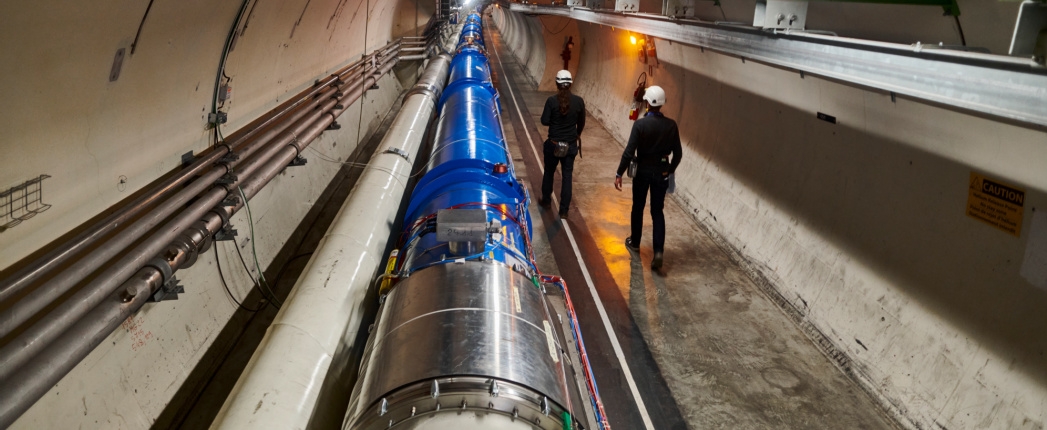
Haydale, a graphene and nanomaterial producer based in the United Kingdom, entered an agreement to develop graphene-based lubricants for CERN, the European Organization for Nuclear Research that operates the European particle physics laboratory, including equipment such as the Large Hadron Collider.
Graphene is a carbon material made of a single atomic layer. These layers do not have a strong bond to the layers above and below, making the material well suited for lubrication since the layers can easily be shifted in relation to each other.
CERN operates the largest particle physics laboratory in the world, using particle accelerators and detectors to study their fundamental particles. The former propels beams of particles into each other or against stationary objects, and the latter records the results.
“Polymers in the oils and greases currently used are heavily susceptible to radiation damage leading to degradation of the lubricant,” Haydale said in a press release. “The aim is to be able to increase the lifetime of the lubricants by adding functionalized nanomaterials, including graphene. The goal is to increase the material’s resistance, and better dispersion characteristics should help to achieve this.”
Michal Macha, senior research fellow at Geneva, Switzerland-based CERN, noted that lubricants in nuclear energy plants need to function in an “extreme, high-radiation environment.”
Among CERN’s particle physics equipment is the famous Large Hadron Collider, the largest and most powerful particle accelerator in the world. It consists of an almost 17-mile ring of superconducting magnets with structures along the ring to help accelerate the particles. Two beams of particles travel close to the speed of light before they collide with each other. Haydale has offices in the United Kingdom, the United States, Korea and Thailand. It makes elastomers, inks and coatings, carbon fiber composites and graphene face masks, among other products for aerospace, automotive, and marine applications, among others.